All Stories
-
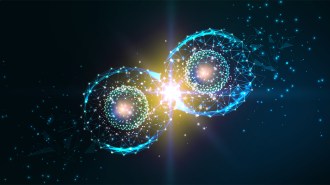 Math
MathHow a quantum technique highlights math’s mysterious link to physics
Verifying proofs to very hard math problems is possible with infinite quantum entanglement.
-
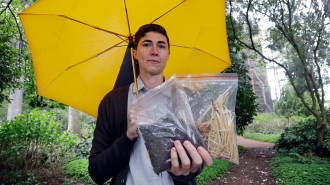 Science & Society
Science & SocietyTurning human bodies into compost works, a small trial suggests
Experiments test the effectiveness and safety of human composting, which may soon be an alternative to burial or cremation in Washington state.
-
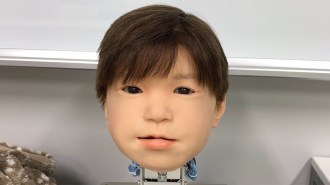 Artificial Intelligence
Artificial IntelligenceLinking sense of touch to facial movement inches robots toward ‘feeling’ pain
Artificial systems that allow a robot to “feel” pain might ultimately lead to empathy.
-
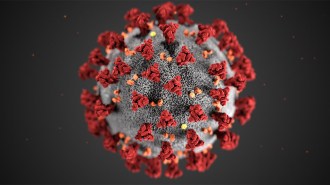 Health & Medicine
Health & MedicineVery few infants seem to be getting sick with the new coronavirus
Scientists tracking how the outbreak of a novel coronavirus is affecting young children and newborns haven’t seen many cases.
-
 Computing
ComputingAI can predict which criminals may break laws again better than humans
Computer algorithms are better than people at forecasting recidivism, at least in some situations, a new study finds.
-
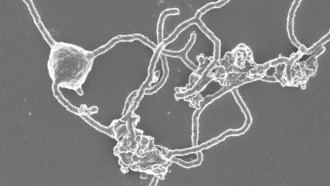 Life
LifeMicrobiologists took 12 years to grow a microbe tied to complex life’s origins
Years of lab work resulted in growing a type of archaea that might help scientists understand one of evolution’s giant leaps toward complexity.
-
 Environment
Environment50 years ago, protests and promises launched the Trans-Alaska Pipeline
50 years ago, the upcoming Trans-Alaska Pipeline prompted an economic boom amid outrage from environmental and Native American groups.
By Mike Denison -
 Health & Medicine
Health & MedicineCoronavirus’s genetic fingerprints are used to rapidly map its spread
Fast and widespread scientific data sharing and genetic testing have created a picture of how the new coronavirus spreads.
-
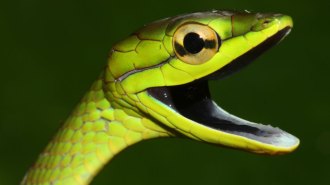 Animals
AnimalsSnakes suffered after a frog-killing fungus wiped out their food
A frog-killing fungus that swept through Panama had a hidden effect. A new study finds that snake diversity declined post-fungus at one field station.
-
 Physics
PhysicsThe fastest way to heat certain materials may be to cool them first
A theoretical study reveals that, in certain situations, some materials might heat up more quickly after first being cooled.
-
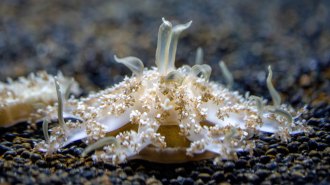 Animals
AnimalsJellyfish snot can sting swimmers who never touch the animal
Researchers have found mobile cellular blobs coated with stinging cells in mucus from a jellyfish that sits upside-down on the seafloor.
-
 Animals
AnimalsWith a litter of tactics, scientists work to tame cat allergies
New research may reduce the allergen levels of house cats or make people less reactive to our feline friends.